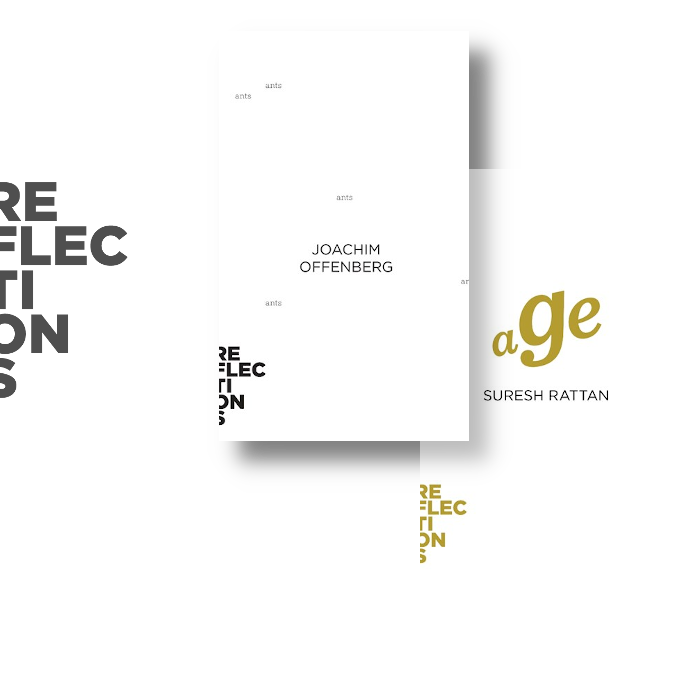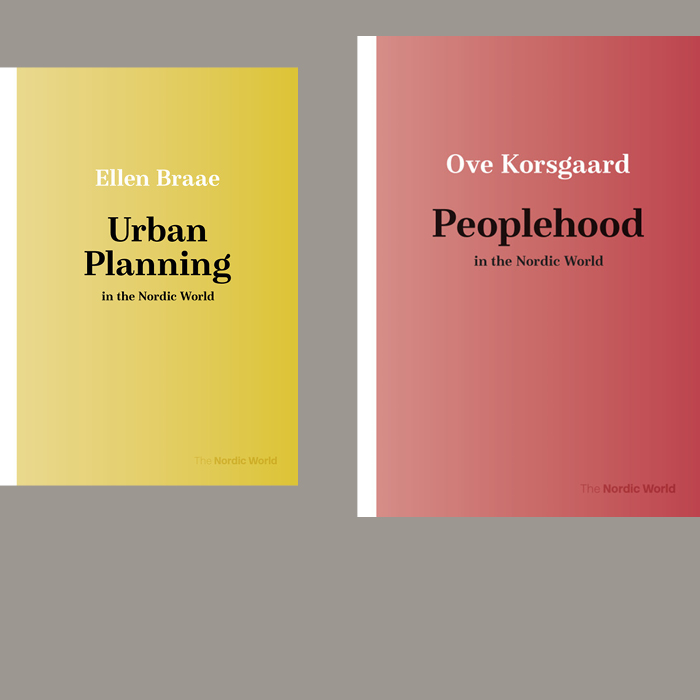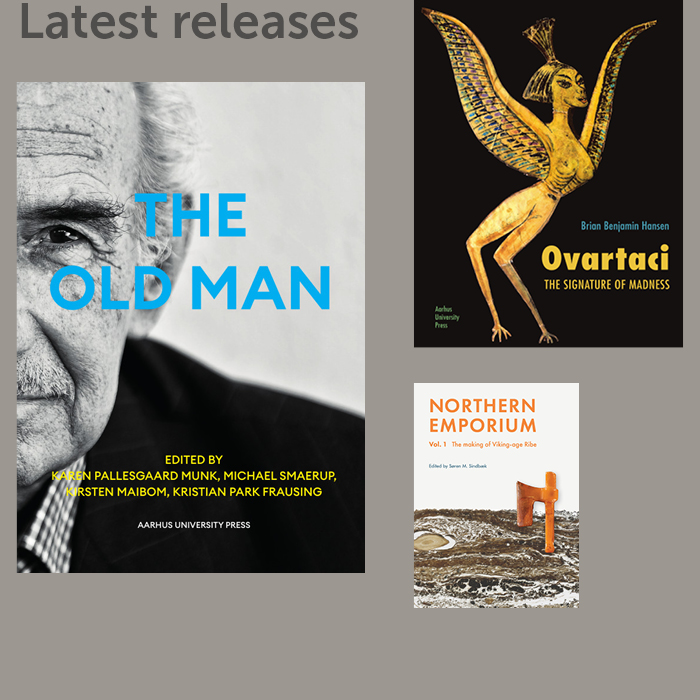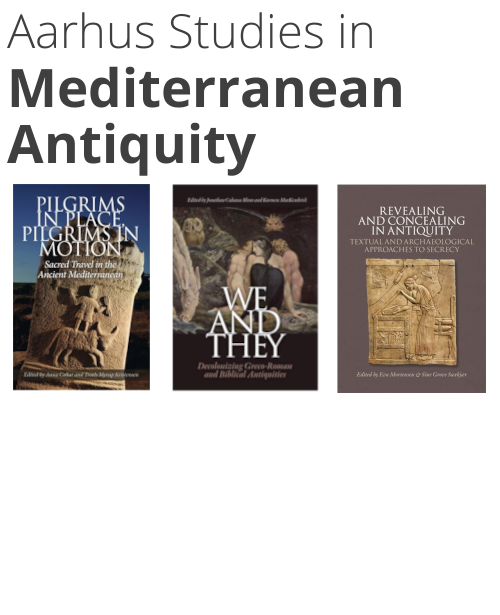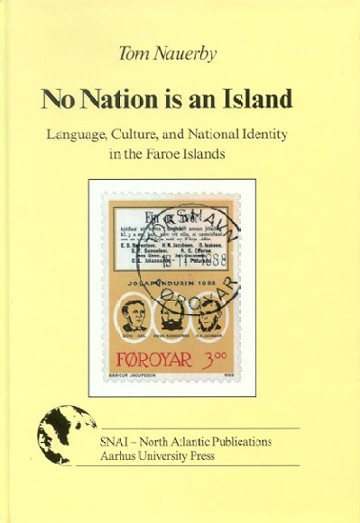
No Nation is an Island
Language, Culture, and National Identity in the Faroe Islands
A part of the subject area Arctic studies
More about the book
About the book
The book follows the process of nation-building in a tiny nation:
the Faroe Islands, a cluster of 18 rocky islands in the North
Atlantic. Originally settled by Vikings and governed by Norway,
then by Denmark, and occupied by British forces during World War
II, the Faroes gained a measure of home rule in 1948. Since then,
Faroese politics have been doctrinated by the struggle for
emancipation from the Danish cultural hegemony, through the
establishment of cultural and education institutions on the
islands, and through the promotion of the Faroese language in place
of Danish.
As Nauerby shows, the national identity has developed in
interaction with an outside world often perceived as hostile and
threatening by the islanders, and in this process, certain national
symbols have played a key role as boundary markers. Apart from
language, the practice of pilot whale hunting has served as an
important focus of national identity, and international criticism
of whaling in general has only served to intensify the Faroese
feeling of unity and opposition to an outside world which does not
understand them.
Table of contents
List of MapsList of Figures
List of Plates
Acknowledgements
Note on the text
Introduction: The Nature of Nations
I. Language and Politics: A Brief Outline of the History of the Faroe Islands
II. Faroese: Between Icelandic and Danish: The Faroese Language Debate at the Turn of the Century
III. Purism and Public Protest
IV. The Pilot Whale Hunt: From National Symbol to International Stigma
Epilogue: National Identities in the Global Ecumene
Notes
Bibliography
Index
